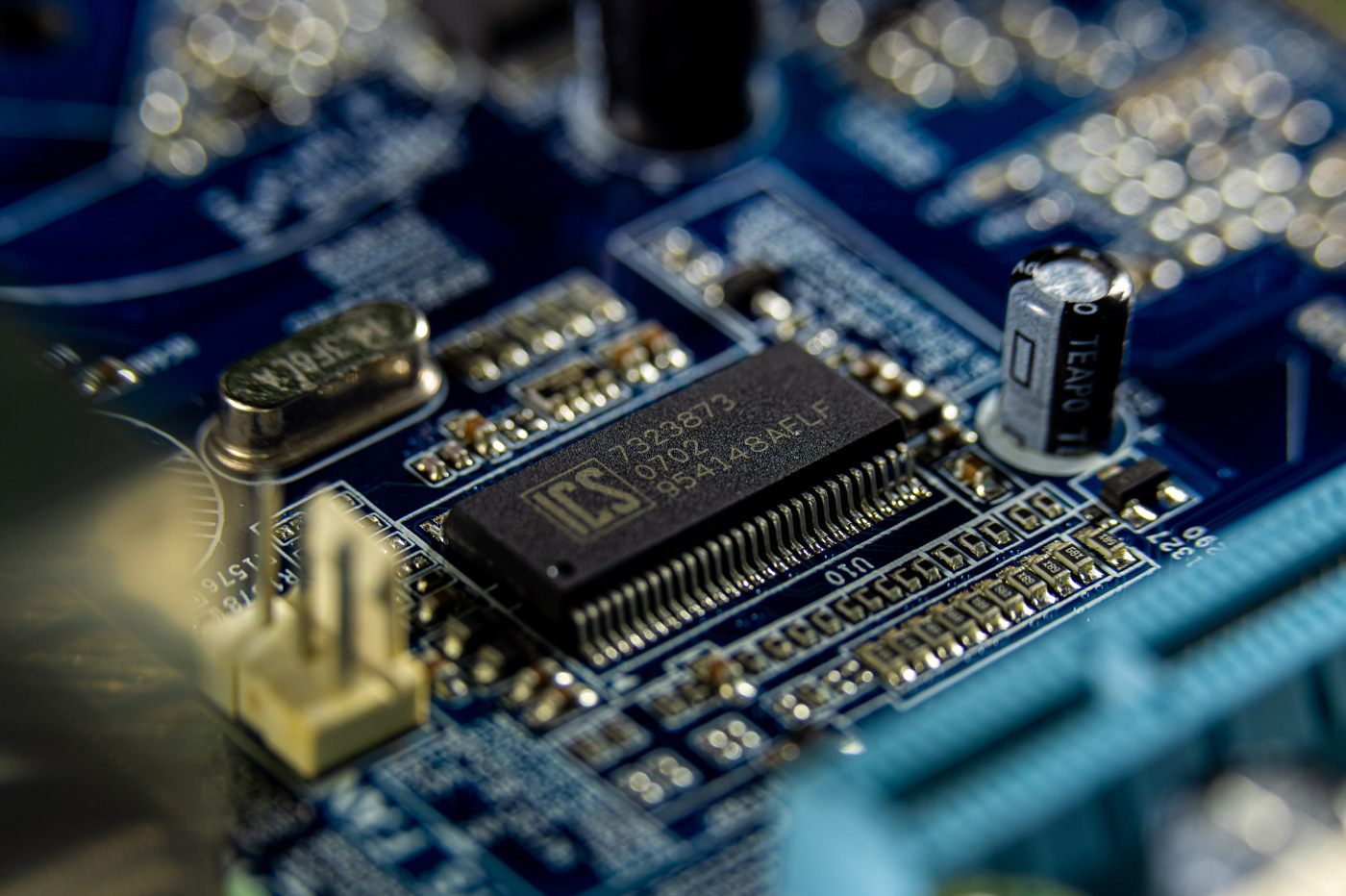
Faced with the shortage of electronic components, the European Union is preparing to present an action plan. Called Chips Act, it should enable Europe to be “the leader of the next generation of chips”.
Linked to the Covid-19 pandemic, the shortage of electronic components continues to plague the world. Europe is not immune to this industrial crisis which penalizes many industries and affects many products, including cars, graphics cards, video game consoles and even smartphones. For several months, the European Commission has been insisting on the importance of semiconductors, considering that they “are at the center of strong geostrategic interests and at the heart of the global technological race”.
For its President Ursula von der Leyen and the European Commissioner Thierry Breton, there is an urgent need to act so as not to leave Europe “behind”. In this context, the European Commission will soon unveil its Chips Act with the ambition of putting the Old Continent “in the technological race”.
What is the Chips Act?
Prior to his presentation scheduled around February 8, Thierry Breton returned to the “Chips Act” in an interview given to several European newspapers, including Les Échos. With its plan, Europe aims to quadruple its production of electronic chips by 2030 in order to position itself as the “Leader on the next generation of chips”. The Internal Market Commissioner promises massive innovation aid for what he sees as “a major initiative for our industry and crucial from a geopolitical point of view”. He wants the Old Continent to represent 20% of world production within eight years, while the market should double by 2030 to reach 1,000 billion dollars.
Our semiconductors supplies come from a few producers outside the EU. This is a dependency we cannot afford.
Tea #EuropeanChipsAct in early February will aim to make Europe a strong global player.
Let’s create more balanced interdependencies, for supply-chains we can trust. pic.twitter.com/4a9SuORkcS
—Ursula von der Leyen (@vonderleyen) January 20, 2022
Currently, Europe weighs only 10% of the world production of semiconductors and is very dependent on Asia. Last September, the President of the European Commission deplored this situation. “We are dependent on the most advanced microprocessors made in Asia. So it’s not just about our competitiveness. At stake is also our technological sovereignty”, explained Ursula von der Leyen.
After the “America First” for vaccines, Europe has learned the lesson
The announcement of this project is of capital importance for a continent which wishes to produce much more on its soil. In addition to the shortage of components which reminds us that chips are everywhere, Europe is opening its eyes to the risks of remaining too dependent on other great powers. Earlier in the year, Thierry Breton returned to recent episodes which penalized Europe such as the “China First” for masks. The “America First” was then used by the United States for vaccines, much to the chagrin of France and several of its European neighbors.
The objective is also to assert itself as a digital power with the Chips Act. Semiconductors will play a major role in the development of future technologies, such as 5G and 6G, the Internet of Things or artificial intelligence. They are also decisive from the perspective of the energy transition. “We must be ready, and above all we must prepare our lead on the semiconductors of the future”, assures Thierry Breton. And that means being one of the leaders in the next generation of chips under 5 nanometers, or even 2 nanometers.



